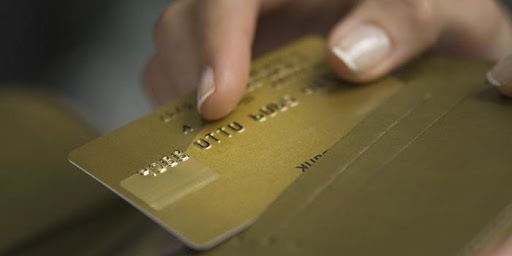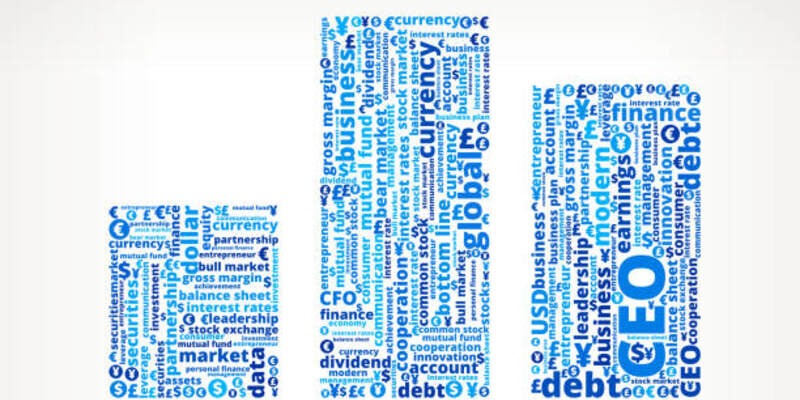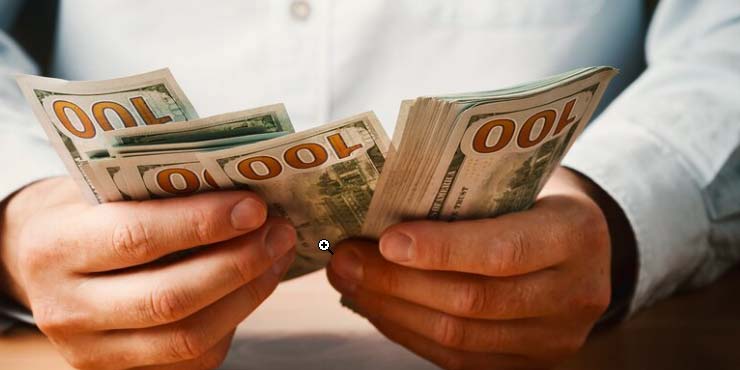Introduction
A money order is a reliable option if you need to send money through the mail or pay a business that accepts only certain payment types. However, if you only have a credit card, you may wonder if you can still buy a money order with your card. A money order is a reliable alternative to sending cash or writing a personal check when making a payment. Money orders can be purchased with a debit card, cash, or an electronic transfer from your bank account, but some people may wonder, "Can I buy a money order with a credit card?" The correct answer is "yes," but doing so might not be worth the effort.
Money Order
Money orders, like personal checks, are paper payment methods. Money orders are a popular substitute for checks and cash because of their added security and transparency. Because the amount of a money order is guaranteed by the seller, the buyer must pay for it in full before receiving it. An individual or company must be named on the money order so the recipient can present proper identification and cash the check at a different location.
Pros and Cons of Money Orders

One benefit of money orders is that they can be tracked thanks to the accompanying receipt, which typically includes the transaction's date, amount, and routing number. The store or bank may issue a replacement when a customer loses or has their money order stolen. Money orders are a convenient way to send money to loved ones, whether they live across town or the world. If you want to send money to someone but don't have a checking account, you can still do so with a money order. Don't forget that there is typically a maximum amount to purchase with a money order. If a store only sells money orders up to $1,000 each, and the buyer wants to send $3,000 to a relative, the buyer will have to buy three separate money orders. Each money order purchased typically incurs a nominal service charge from the retailer or merchant.
Should I Use a Credit Card To Buy a Money Order?
While credit cards come in handy for many purchases, buying a money order with a credit card with one is not very likely. In most cases, you won't be able to use a credit card to buy a money order, so you should look into other payment options before making the purchase. Remember that many credit card issuers view money orders as cash advances, so keep that in mind if the store you're shopping at allows credit card purchases of money orders. However, this does not come without its drawbacks:
Cash Advances Are More Expensive Than Regular Purchases
The annual percentage rate (APR) for cash advances is typically higher than the APR for other purchases. There is a cost to them as well. A cash advance's interest rate starts accruing the day it's taken out, as opposed to the grace period that applies to most other purchases. In most cases, cash advances do not contribute to loyalty programmes. A cash advance cannot be used to fulfil the spending requirement for a sign-up bonus.
Cardholders Are In Danger Of Raising Their Credit Utilisation Rate
There is a substantial possibility that the cardholder will accrue interest on the borrowed amount before it is paid off, as interest begins accruing on cash advances the moment they are made. A credit cardholder's utilisation rate, which includes interest charges, should be kept below 30%. If the cash advance is not repaid quickly, the cardholder's debt could soon snowball out of control.
It's possible that making the monthly minimum payment won't count toward qualifying for a cash advance.
The card issuer applies for the minimum payment in whatever way they see fit. They may put their regular payments toward items with a lower APR. Since interest adds up quickly, it is more challenging to repay a cash advance in the long run.
Buying a Money Order With a Credit Card

Although you can use a credit card to buy a money order, doing so will cost you more than using an alternative method to buy a money order with a credit card. Credit card companies do indeed let you make purchases of money orders, but doing so does come with a few caveats.
Conclusion
Even if a store accepts credit cards for money order purchases, you're typically better off using cash or a debit card to buy one. Most stores wouldn't let you use a credit card to buy a money order, even if they did. Money orders from Western Union can be purchased with a credit card, but you should only do so as a last resort. The cardholder risks falling deeper and deeper into debt if they cannot repay the cash advance as soon as possible. Interest begins accruing on the date of purchase, which is earlier than the case with most purchases.







